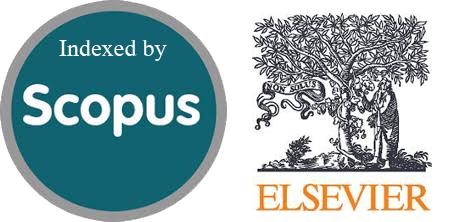Evaluating Eating Disorders among Medical Students in Baghdad, Iraq
DOI:
https://doi.org/10.54133/ajms.v3i.75الكلمات المفتاحية:
اضطرابات الأكل ، طلاب الطب ، SCOFF ، اختبار 26 (EAT-26).الملخص
Background: Eating disorders represent a psychological problem characterized by abnormal eating behaviors and related emotions and thoughts. Aim: The study aims to assess the prevalence of eating disorders among medical students in Baghdad, Iraq. Methods: A cross-sectional study was conducted in medical departments that include medicine, dentistry, and pharmacy disciplines from January 2021 to March 2021 using an English version of a structured questionnaire. About 552 medical students participated in this study. Results: The study showed that in some individuals with normal Body Mass Index values, 64.47% suffered from eating disorders as diagnosed by EAT-26 while according to SCOFF, 23.5% of normal individuals suffer from eating disorders. Overweight individuals are more likely to have eating disorders than underweight individuals. According to SCOFF, 33.44% of the overweight and 4.18% of underweight individuals scored above the cutoff value. They were likely to have eating disorders. Similarly, in accordance to EAT-26, 19.70% of the overweight individuals and 9.48% of the underweight individuals were likely to have eating disorders. Conclusion: Many Iraqi medical students are predisposed to having eating disorders, with females being more vulnerable than males. To reduce the frequency of eating disorders among Iraqi medical students, a variety of initiatives and strategies are required.
التنزيلات
التنزيلات
منشور
كيفية الاقتباس
إصدار
القسم
الرخصة
الحقوق الفكرية (c) 2022 Al-Rafidain Journal of Medical Sciences

هذا العمل مرخص بموجب Creative Commons Attribution-NonCommercial-ShareAlike 4.0 International License.
Published by Al-Rafidain University College. This is an open access journal issued under the CC BY-NC-SA 4.0 license (https://creativecommons.org/licenses/by-nc-sa/4.0/).










